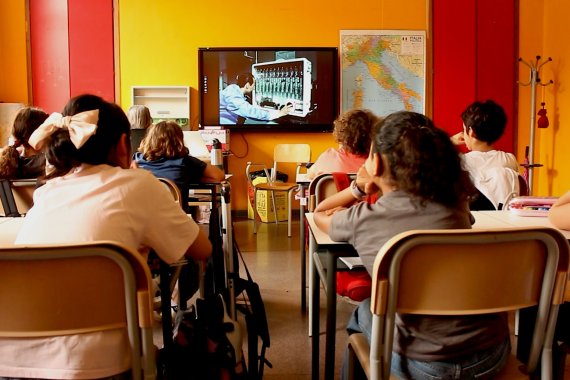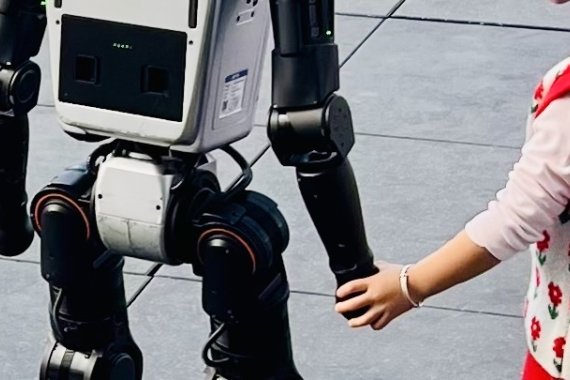Rongchang Scholars 2025: Chinese youth engage with global governance at ITCILO
Rongchang Scholars 2025: Chinese youth engage with global governance at ITCILO
Fudan University and ITCILO partner to build multilateral leadership capacity among China’s next generation of professionals
29 July 2025
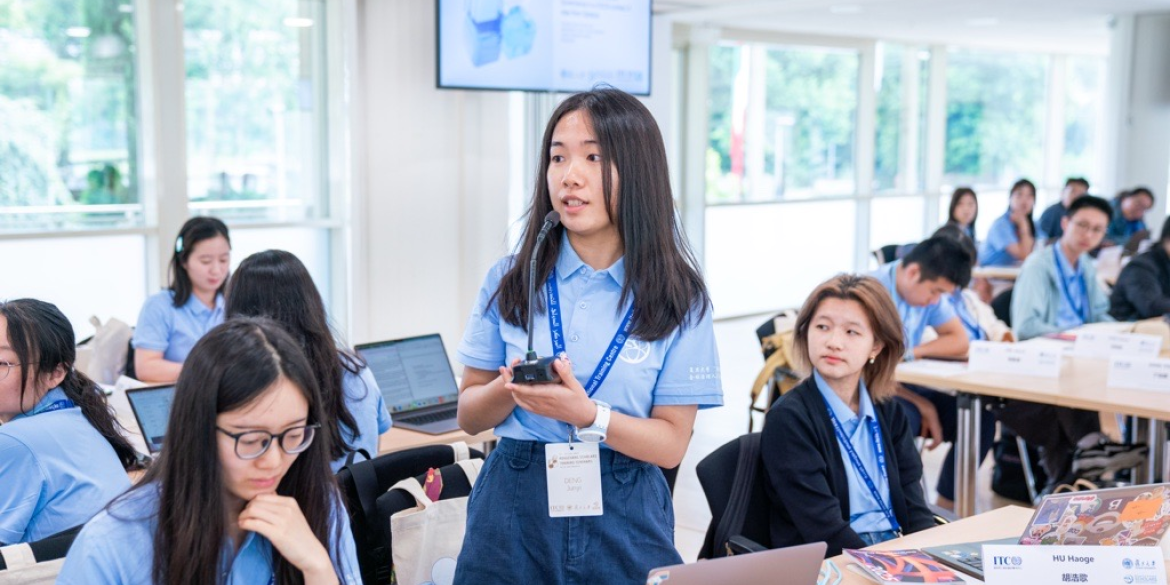
ITCILO
Grounded learning in a changing global landscape
Against a backdrop of geopolitical uncertainty and rapid digital transformation, the 5th edition of the Rongchang Scholars Training Seminars brought together a group of young scholars from across China to deepen their understanding of global governance and international cooperation.
Jointly organized by the ITCILO and Fudan University’s School of International Relations and Public Affairs (SIRPA), the week-long seminar aimed to deepen students' understanding of global governance, diplomacy, and international cooperation.
The programme combined lectures at the ITCILO campus in Turin with study visits to key UN agencies in Geneva, including the ILO, IUCN, UNECE, WIPO and UNDP. Foundational discussions on diplomacy and soft skills laid the groundwork for deeper engagement with multilateral institutions.
This course supported me in honing essential teamwork skills. I have now built the confidence to apply to global opportunities, and to take the initiative of embracing new career challenges.
HU Haoge
BA student of International Relations and English, Shanghai International Studies University
Working as an international civil servant with a law background now feels more within reach.
ZHANG Xinyan
Fudan University, incoming LLM Candidate, Georgetown University
The training was a unique opportunity for me to step out of strictly STEM lectures to cover policy topics. Grappling with questions of diplomacy and emotional intelligence made me rethink how I managed conflict situations in the past, and how I can improve in the future.
YE Zilong
PhD Candidate in Electrical Engineering (focus: Nanotechnology), Tsinghua University
From observers to participants
In conversations throughout the week, one recurring theme was the desire to move beyond theoretical knowledge toward direct institutional insight. As participants explored how UN bodies operate across environmental, labour, and trade issues, many reflected on how China’s evolving participation in the multilateral system was more complex than often portrayed.
Several scholars emphasized that China’s international engagement should not be seen in binary terms as cooperative or resistant, but rather as strategic and iterative, adapting in response to shifting global conditions. This reflection opened up broader questions about what an inclusive and future-oriented multilateral order might look like, and how younger professionals from China can help shape it.
During a lecture on Diplomatic Skills in Times of Uncertainty with Professor Achim Wennmann of the Geneva Graduate Institute, the scholars were challenged in trust-building activities that underscored how essential mutual confidence and interpersonal understanding are to effective multilateral cooperation - especially in moments of global instability.
Concurrent lectures on considering and preparing for career paths within the broader space of multilateralism, led by activity manager and coordinator at INTEGRŌ, Carlotta Clivio, equipped students with technical skills and practical preparation. Hu Haoge, a bachelor student of international relations and English, shared that, prior to the session, “UN recruitment was like a black box to me, but the lectures on soft skills, CV writing, and interview demos have built my confidence that I have a place in this system and can make a difference in the future.”
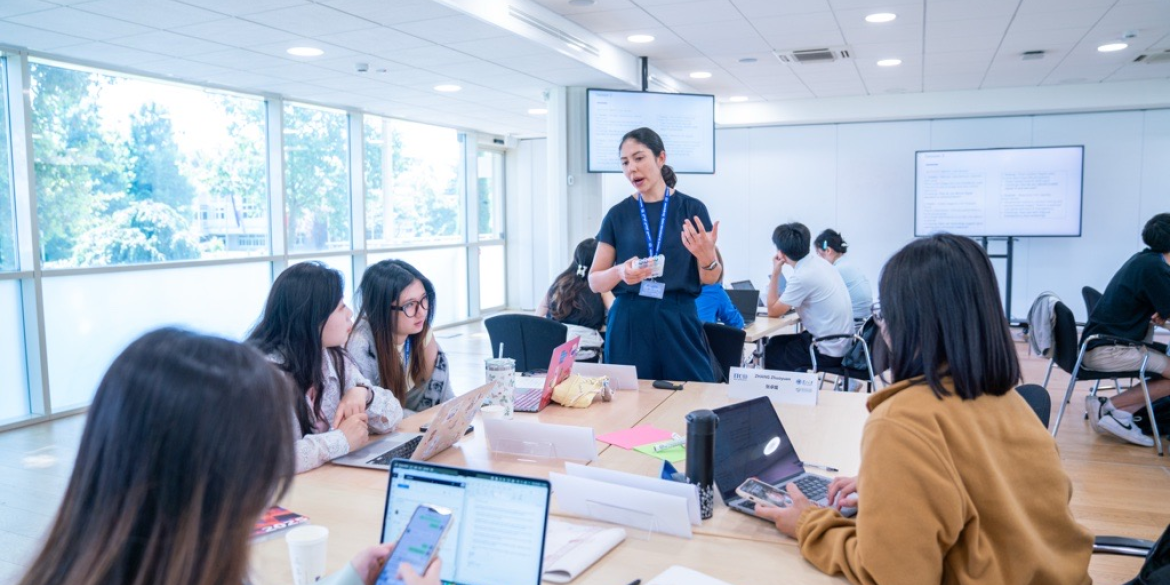
Digital governance and the future of cooperation
Another prominent theme was the intersection of technology and diplomacy. Across lectures and site visits, participants discussed how AI, data governance, and platform-based policy are reshaping multilateral cooperation, often faster than institutions can adapt. China’s domestic strategies and international positioning - including its ranking on global innovation indexes - provided an entry point for students to consider how digital tools are transforming everything from environmental monitoring to intellectual property law. During a visit to the IUCN and UNECE, scholars asked how digital infrastructure impacts climate policy, and how countries like China can help define global standards that are fair, secure, and future-proof.
Rather than stopping at critique, participants explored how digital multilateralism could better reflect human-centred values and inclusive innovation. Guest lectures by Marcus Höpperger and Carsten Fink at WIPO reinforced the idea that vibrant innovation ecosystems depend not only on resources, but also on equitable systems for distribution and protection.
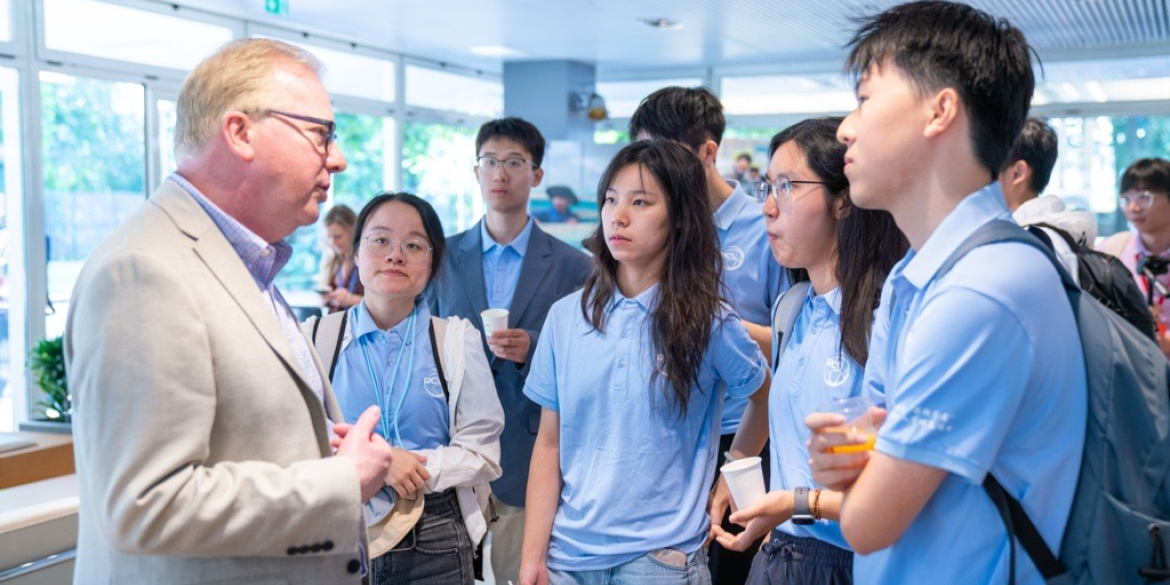
Leadership as human practice
One of the programme’s most unexpected takeaways came through sessions on emotional intelligence and cross-cultural leadership. In a workshop led by Anna Croucher, students explored diplomacy as a fundamentally interpersonal process - shaped by trust, empathy, and self-awareness as much as by formal negotiation. These reflections resonated especially for participants navigating between Chinese and international academic and professional cultures. Discussions ranged from managing communication across hierarchies to redefining how leadership looks in diverse, multicultural settings.
The session invited them to reflect on their own leadership styles and consider how soft skills might shape hard outcomes in future negotiations. Zhang Xinyan shared that “looking behind the scenes” of the work of UN entities while exploring the soft skills needed to work within them makes pursuing a career in this world “more accessible, more realistic, and more thought-provoking”.
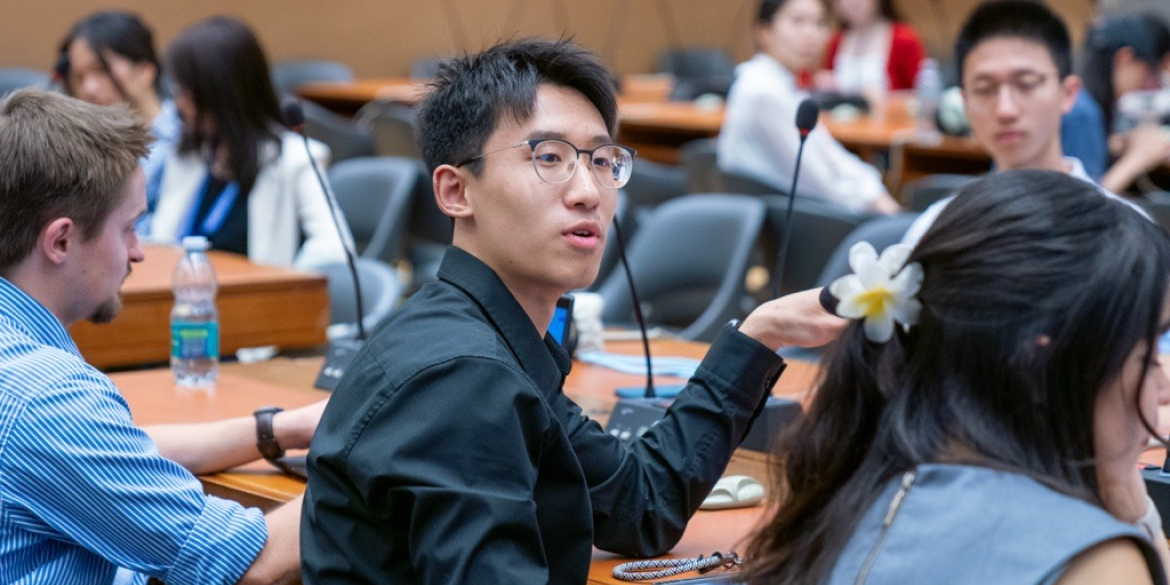
Looking ahead
The Rongchang Scholars Training Seminars are not only a capacity-building initiative, but also a platform for dialogue, experimentation, and professional growth. Asked to reflect on their experience in just a few words, participants repeatedly mentioned community, interdisciplinary exchange, motivation, and meaning. The Rongchang Scholars demonstrated that the future of multilateralism will depend not only on institutional reform or technological adaptation, but on the ability of emerging leaders to think critically, collaborate across boundaries, and engage with uncertainty in constructive ways.
“Beyond the visits, we had the opportunity to exchange views as a close group - learning together and from each other, discussing self-esteem, and exchanging our views on global governance,” said Ye Zilong, “This is what made the opportunity special”.
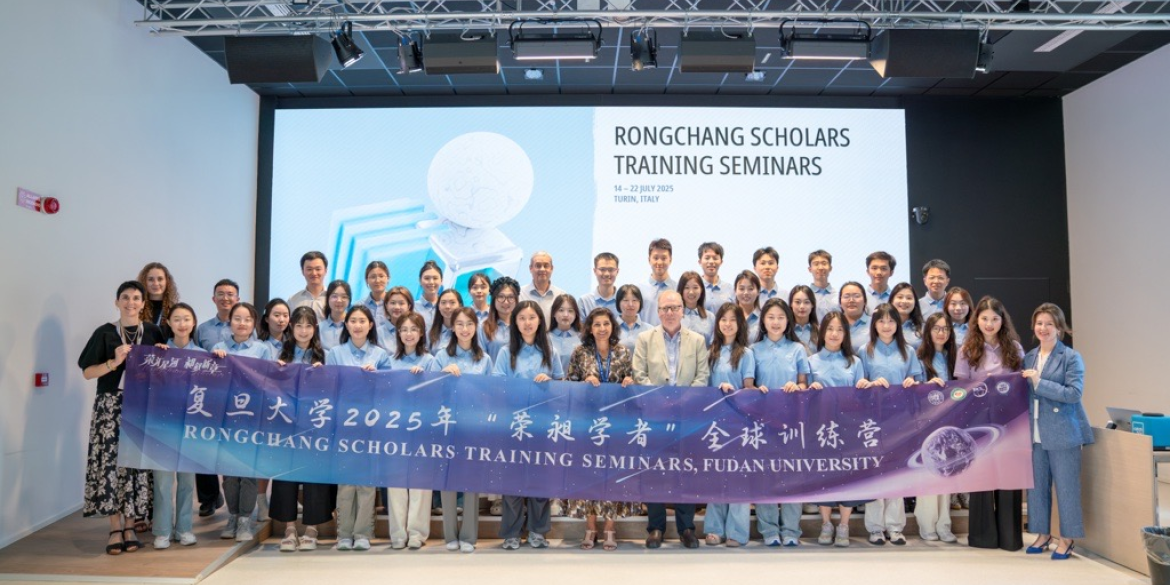
The Rongchang Scholars Training Seminars are a tailor-made training activity part of INTEGRŌ, the global competency development facility for future leaders in the world of work. Ready to join the next generation of leaders in global cooperation?
Explore INTEGRŌ’s upcoming opportunities and shape your path to impact.
